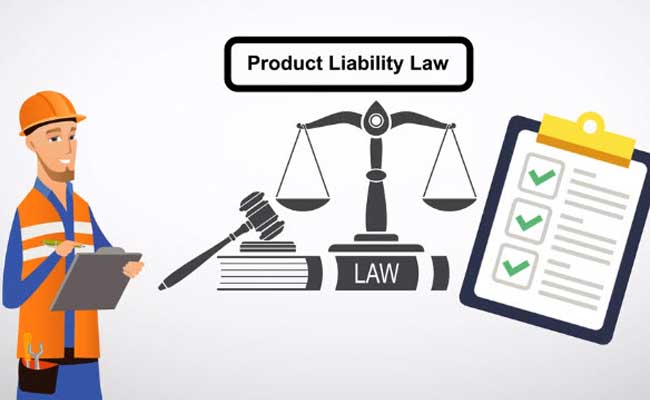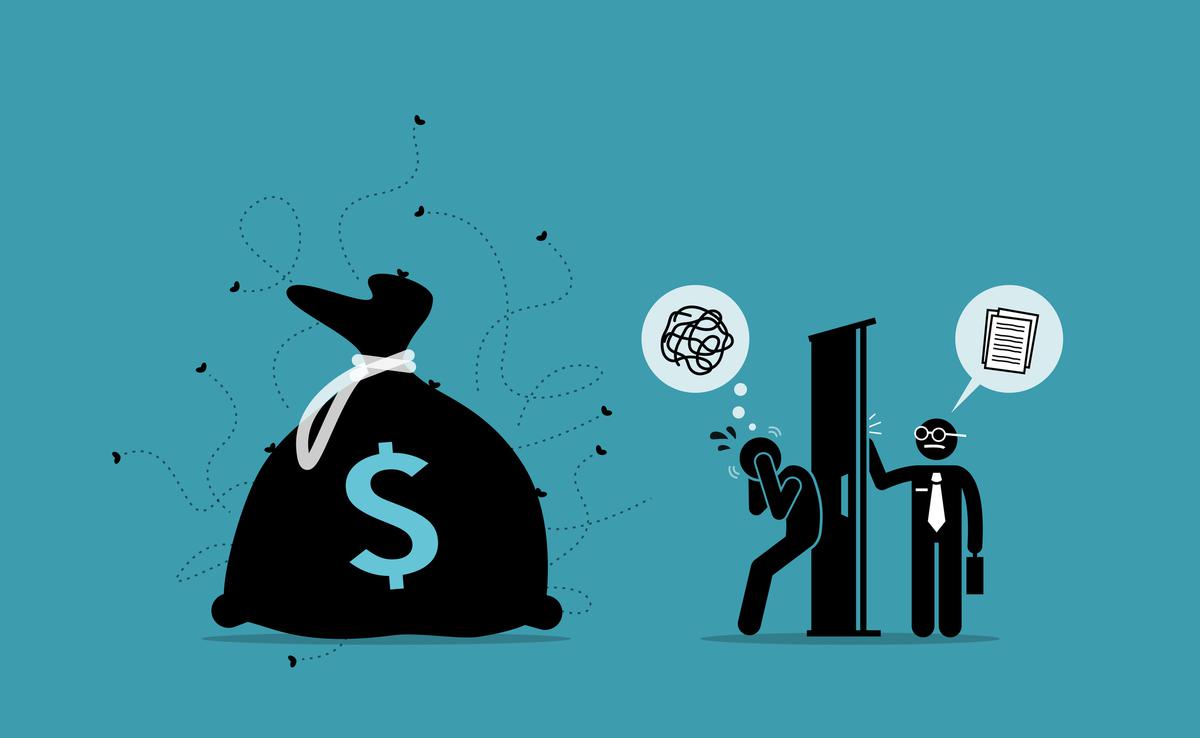Navigating the legal system can be difficult, especially for those unfamiliar with legal documents, negotiations and terms often used in court proceedings. Understanding legal terminology is essential for anyone who may face legal issues or simply wants to be informed of their rights and obligations.
Importance of Understanding Legal Terminology
Legal terminology serves several important purposes. First, it ensures accuracy and clarity in communication between legal professionals, including lawyers, judges, and legislators. Second, understanding these terms empowers individuals to better understand their rights and responsibilities, whether they are involved in a legal case, drafting a contract, or navigating a dispute. Misunderstanding legal terms can have significant consequences, so familiarizing yourself with legal vocabulary is essential.
Common Legal Terms and Their Meanings
- Plaintiff and Defendant
In a legal case, the plaintiff is the party that brings the case, alleging that they have been wronged or harmed. Conversely, the defendant is the person or entity accused or sued. Understanding these roles is fundamental to understanding the dynamics of any legal process. - Litigation
Litigation refers to the process of taking legal action. It covers all aspects of a case, from the filing of a complaint to the final judgment. This term is crucial to understanding how legal disputes are resolved in court. - Jurisdiction
Jurisdiction refers to the authority of a court to hear and decide a case. It can be defined geographically (eg, a state or federal court) or by type of law (eg, criminal, civil, or family law). Understanding jurisdiction is vital, in determining where a lawsuit can be filed and which rules apply. - Tort
A tort is a wrongful act, other than a breach of contract, that causes harm to another person, leading to legal liability. Common examples include negligence, assault, and defamation. Tort law is designed to provide relief to individuals harmed by the actions of others.

- Agreement
A contract is a legally binding agreement between two or more parties. It outlines the rights and obligations of each party and is enforceable in a court of law. Understanding the elements of a contract, such as offer, acceptance, and consideration, is essential for anyone entering into a contract. - Due process
Due process refers to the legal requirement that the state must respect all legal rights an individual has. It ensures fair treatment through the normal justice system, particularly regarding legal rights in criminal proceedings. This principle is enshrined in the Constitution and is the foundation of the American legal system. - Subpoena
A subpoena is a legal document ordering a person to appear in court or produce evidence. It can be issued by a court or attorney and is often used in litigation to compel the production of testimony or documents relevant to the case. - Appeal
An appeal is the process of seeking a higher court’s review of a lower court’s decision. This term is crucial to understanding how legal decisions can be challenged and the processes available to correct perceived errors of judgment. - Breach of Contract
A breach of contract occurs when a party fails to fulfill their obligations under the contract. This may result in legal action, with the injured party seeking damages or specific performance to remedy the situation. - Settlement
A settlement is an agreement between the parties to settle a dispute without going to trial. Settlements can save time and money, making them an attractive option for many legal cases.
Tips for navigating legal jargon
- Use reliable resources: Legal dictionaries and online legal resources can help clarify unfamiliar terms. Websites such as Nolo and Cornell Law School’s Legal Information Institute provide accessible definitions.
- Ask questions: If you work with a lawyer or legal professional, don’t hesitate to ask them to explain terms you don’t understand. Good lawyers will make sure their clients understand the legal language used.
- Take notes: When encountering new terms, write them down with their meanings. Review your notes regularly to strengthen your understanding.
- Practice contextual understanding: Familiarize yourself with legal documents and cases. Reading contracts, court opinions or legal articles can help contextualize terms and phrases.
- Attend workshops or seminars: Many community organizations and legal aid societies offer workshops on legal literacy. Participating in these can improve your understanding of legal terminology and the legal system as a whole.
Understanding legal terminology is an essential skill for interacting with the legal system. By familiarizing yourself with common legal terms, you can empower yourself to make informed decisions, protect your rights, and navigate legal challenges more effectively. Whether you’re dealing with a contract, involved in litigation, or simply interested in the law, a solid grasp of legal terminology will serve you well in your journey through the legal landscape.
Read Also: Criminal Law
![]()






2 thoughts on “Understanding Legal Terminology”